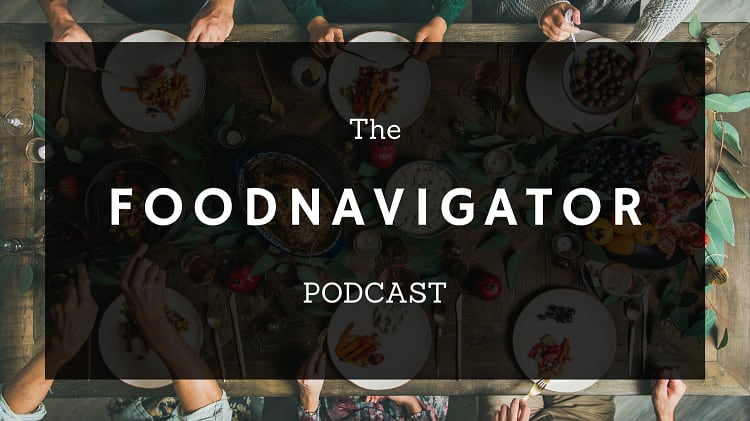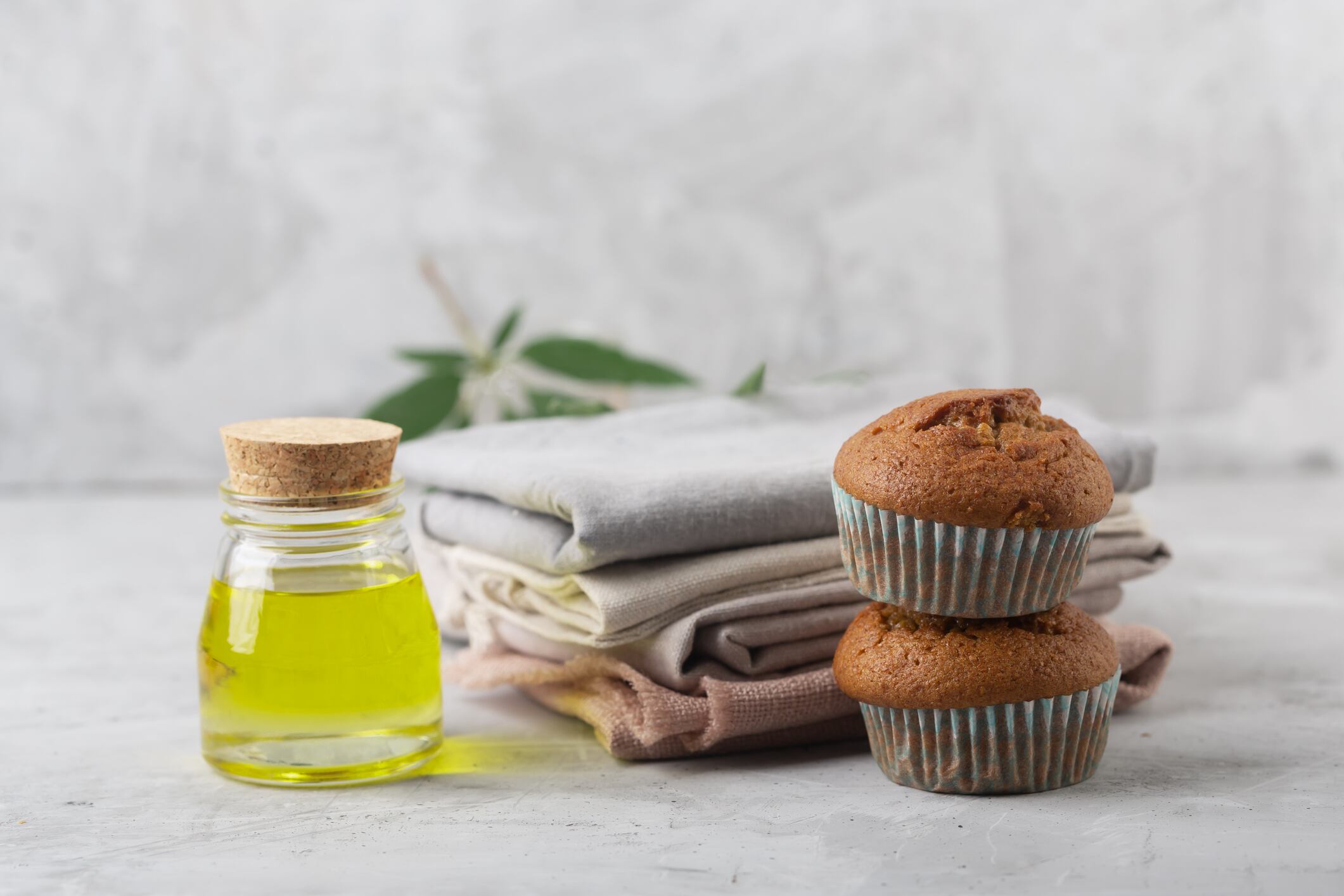Cannabidiol (CBD), an active ingredient in the cannabis sativa L plant, is known for its reported health attributes, which range from gut health to chronic pain relief and anxiety reduction.
The sector as a whole, across food, nutrition, and life sciences (last year, the first CBD-based medicine for childhood epilepsy was approved in Europe), is on the rise.
According to industry lobby group the Cannabis Trades Association, total sales of CBD and regulated medical cannabis reached £160m in the UK last year – up from £110m in 2018.
In recent years, a growing number of food start-ups have also become intrigued by CBD – electing to infuse their products with the ‘wellness’ ingredient. Three UK-based start-ups, The Marshmallowist, Jackpot Peanut Butter, and Botanic Lab, have done just that.
Inspiration and consumer response
Premium marshmallow brand The Marshmallowist first launched a CBD-infused marshmallow two years ago. Intended to be marketed as a limited-edition flavour, director Jenny Simms said she and sister Oonagh “didn’t expect it to have the success that it did”.
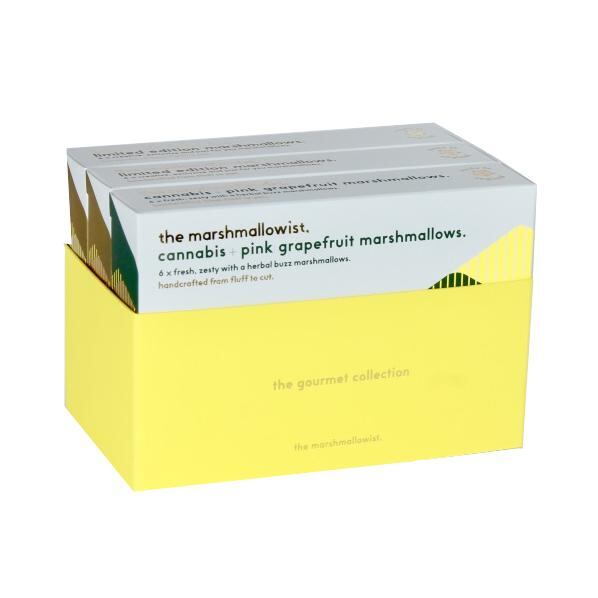
The inspiration to include CBD in The Marshmallowist's range came from across the pond. In the US, Simms recalled, alcohol brands had already started infusing the ingredient with fruit flavours. Doing the same in the UK – the brand created a cannabis and pink grapefruit variety – was very well received. “Our audience loved it. They ended up buying in bulk.”
Functional drinks brand Botanic Lab was similarly inspired by the uptake of CBD in the US, founder and CEO Rebekah Hall told FoodNavigator. “Botanic Lab had always been interested in using, and experimenting with, functional plants, and had become somewhat famous for doing lots of ‘firsts to markets’…
“CBD was increasingly being used state-side as a functional plants ingredient in drinks.”
The launch of Botanic Lab’s CBD-infused offering was met with keen interest. “When we created the drink, it really did just take off in the consciousness of the consumer,” which Hall believes is, in part, a reflection of “just how much CBD has infiltrated the minds of consumers”.
Rupert Leigh, director of Jackpot Peanut Butter, said CBD was on his radar from the get-go. Upon further research, Leigh learnt that foods high in natural fats – such as nut butters – were the ‘perfect carrier’ for the ingredient. “We felt that CBD was an obvious choice for us to look into to and see if it worked, and it did.”
A number of the brand’s customers ‘already had a good grasp’ of CBD, but still had lots of questions about THC content, he recalled.
The regulatory landscape
One of the prominent differences between CBD products on-shelf and conventional cannabis, is the content of psychoactive compound Delta‐9‐tetrahydrocannabinol (THC). The accepted THC limit in CBD is 0.2%.
Yet whether CBD is accepted at all, from a regulatory perspective, has been thrown into question of late. In January 2019, the European Commission added CBD to the Novel Food Catalogue. This means that CBD products require pre-market authorisation from the European Food Standards Agency (EFSA).
The UK has followed EFSA’s lead on this. By 31 March 2021, the CBD industry must submit a valid novel food authorisation application to the Food Standards Agency (FSA). Only products that have commenced the application process will be allowed to remain on the market after this date.
The FSA’s decision to comply with EFSA's stance created a ‘confusing period’ for consumers, according to The Marshmallowist’s Simms. It is “a confusing piece of legislation. Yes, the retailers may welcome [it] because it gives them a more rigorous, uplifting standard, but that’s not filtered down to the consumer,” she explained.
“They don’t understand what a novel food classification means, or see how it would bring about an uplifting standard.” The legislation was ‘meant to bring about clarification’, but Simms believes it has ‘actually don’t the opposite’.
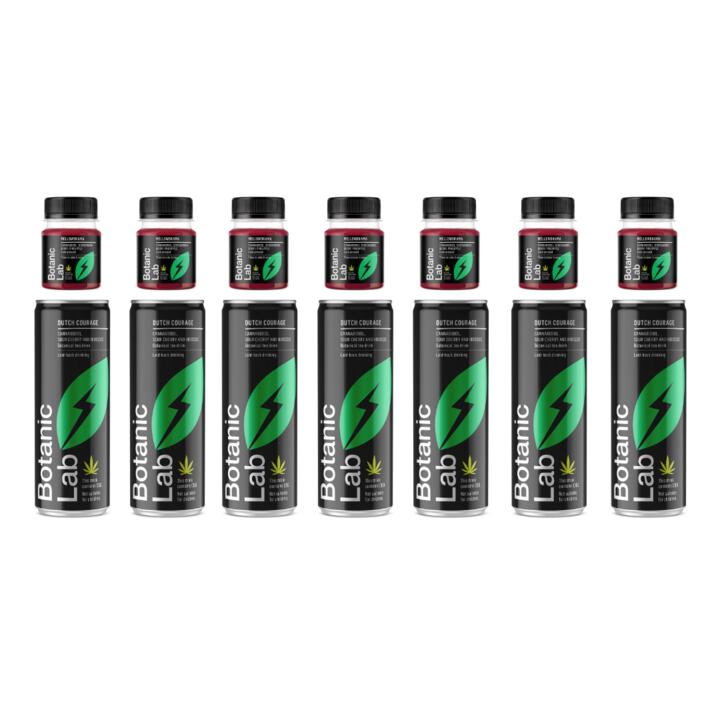
Since FoodNavigator spoke to Simms, Hall, and Leigh, an additional piece of the regulatory puzzle has come to light. The European Commission has decided to postpone Novel Food application of non-synthetic CBD products, while it determines whether to class non-synthetic CBD as a narcotic or psychotropic.
If CBD is classified a narcotic, it cannot legally be considered a food, and therefore cannot go through the EU Novel Food approval process. This would mean hundreds of CBD products would be unable to legally retail on the European market.
With the UK leaving the EU, however, it can make up its own mind about CBD’s classification. The UK’s Food Standards Agency says it will be accepting Novel Food applications from January 2021, and that it does not consider CBD extracts to be narcotics.
Masking a bitter taste?
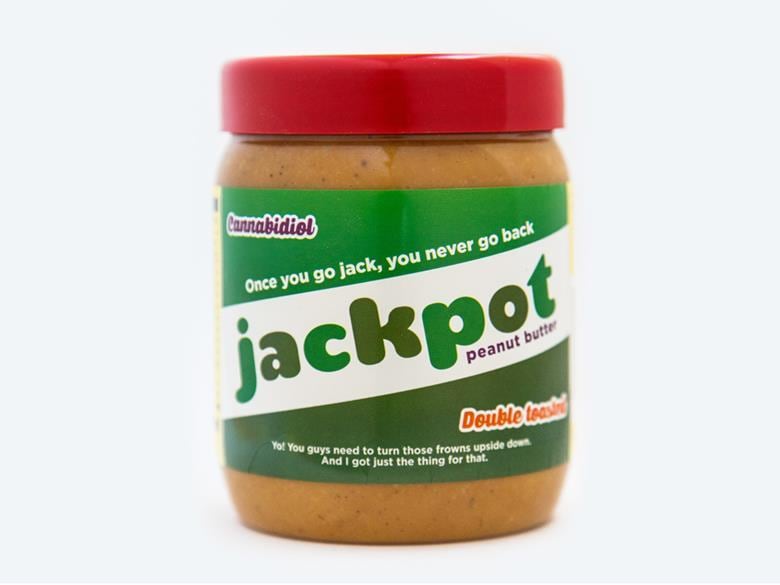
From a formulation perspective, CBD can pose a challenge in R&D. The ingredient has a naturally bitter taste, which some manufacturers will look to mask more than others.
Jackpot Peanut Butter is hesitant to completely mask CBD’s flavour profile. Leigh wants his consumers to recognise the presence of the ingredient, and has been working with CBD suppliers and their technicians on the final recipe.
“As Jackpot is a peanut butter brand that is prominent in our flavours – we launched a wasabi and a raspberry peanut butter this year – we are working within our flavour wheel on what flavour is going to help maybe mask a little bit,” he revealed. The final product may well celebrate CBD’s bitterness, he continued, and mix that in with flavours such as turmeric and chilli.
“We are playing with that at the moment in R&D.”
Botanic Lab’s Hall is well versed in bitter-tasting ingredients. “Functional plants in general are quite challenging in terms of flavour,” we were told. “If you think about different adaptogens, such as ginseng, they tend to have quite bitter tastes, which can be quite challenging particularly in drinks.”
Yet rather than boost the sugar content to mask the flavour with sweetness, Hall is taking a different approach. “One of the things we’ve seen over the past five years is that the taste buds of our customers really are moving on quite significantly [from traditional soft drink profiles].
“We don’t create overly sweet drinks. We tend to keep the flavours of the functional plants in there, or put them alongside other quite punchy flavours, like turmeric and ginger.
“We are sort of celebrating the oddity of these plants and the uniqueness of them, and CBD is no exception.”


